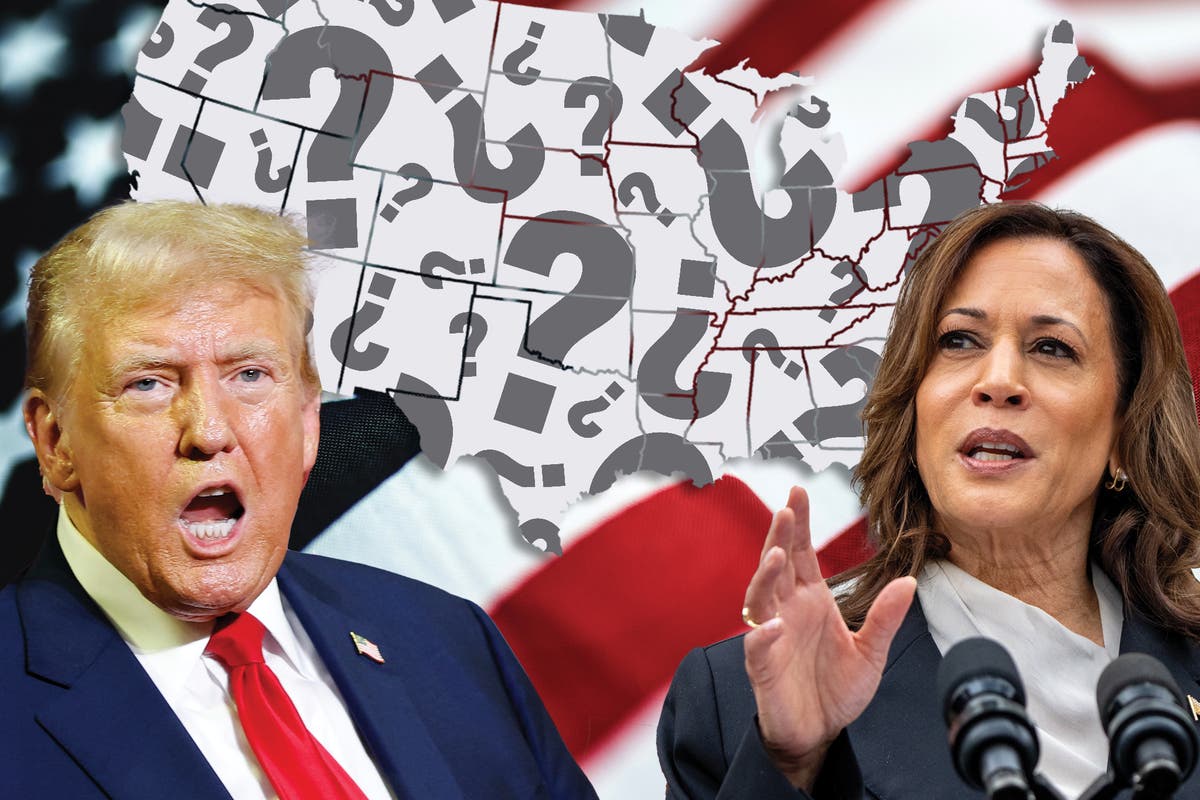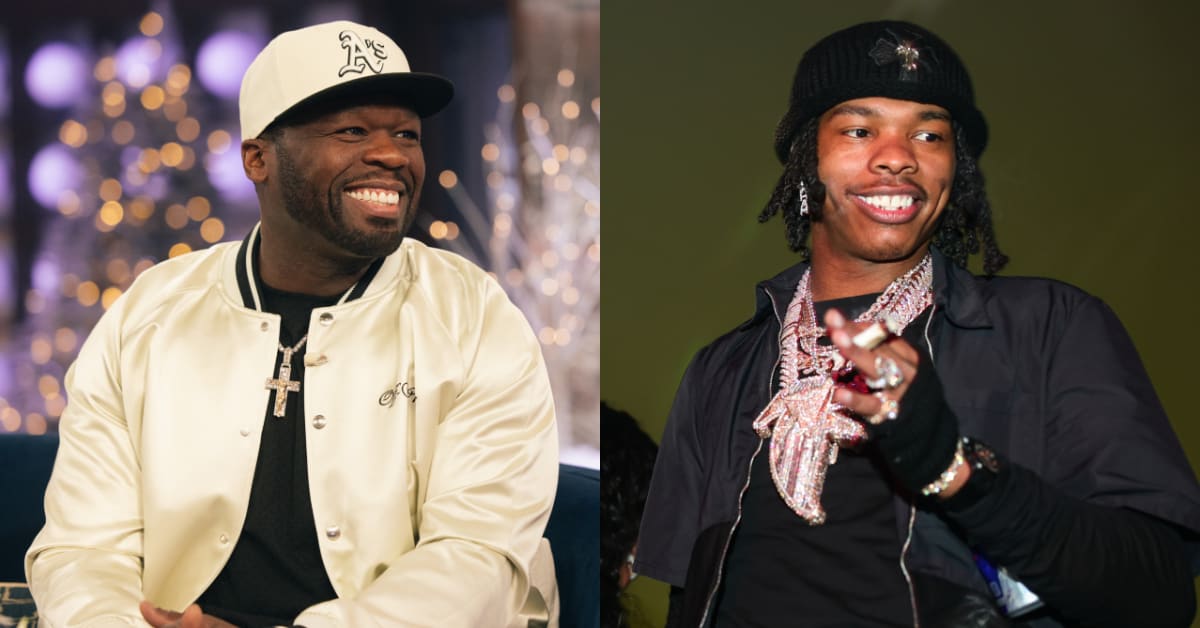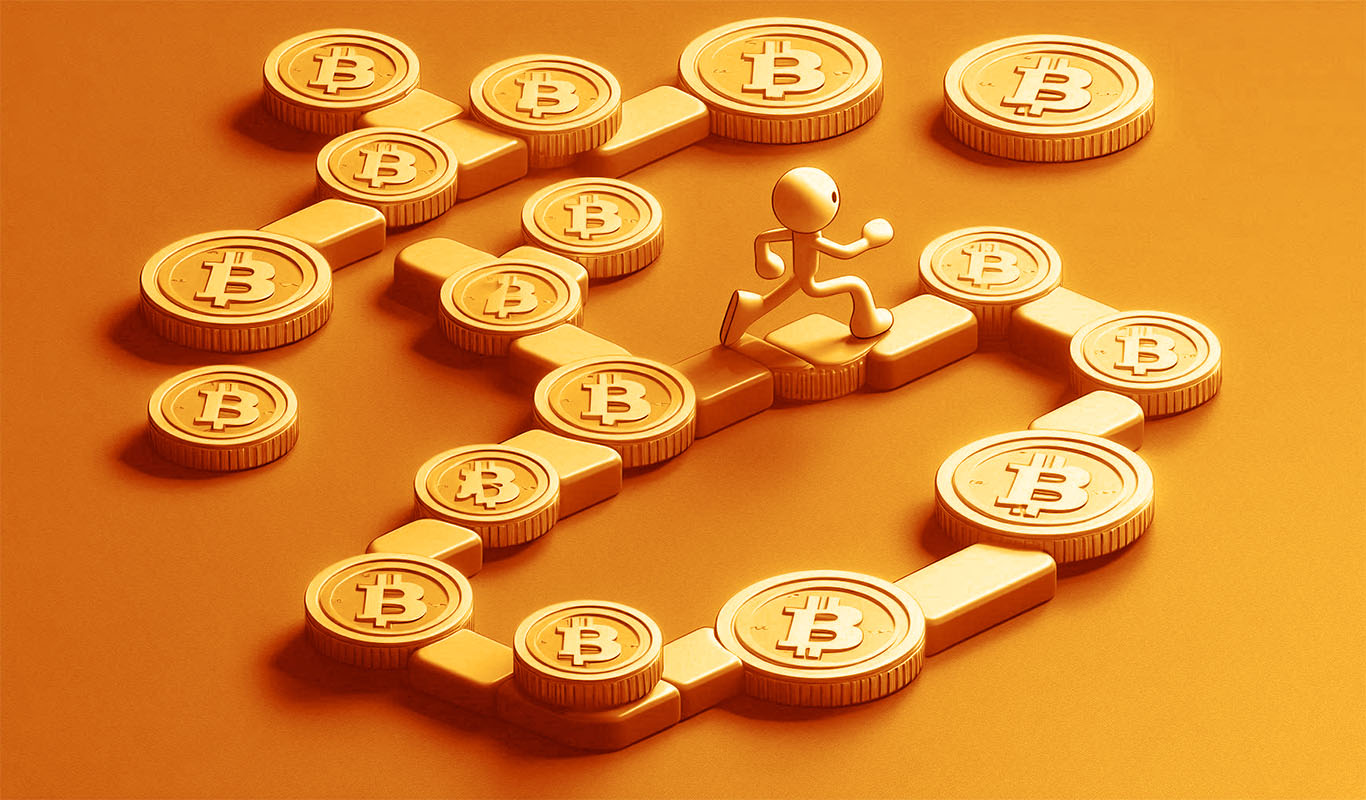Gambling
The latest betting odds on Trump vs Harris

With just days until the presidential election, people have been staking money on who will win between Democratic candidate Kamala Harris and Republican candidate Donald Trump.
The current betting markets favor Trump as the winner of the presidential election, when averaging across two platforms (Betfair and PredictIt).
This is not a poll, and does not provide a representative view of US voters.
The betting odds have fluctuated significantly since the race began, with Harris quickly improving on President Joe Biden’s dismal odds earlier this summer.
Bets for Harris climbed after she entered the race on July 21, and in early August, she overtook Trump’s odds for the first time.
Throughout August and September, betting odds between the two candidates were touch-and-go. But in early October, odds for Trump to be the next president overtook Harris — and since then, their gap has only continued to widen.
In the past few weeks, Trump has put significant distance between himself and Harris on the betting markets. Now, Trump’s odds are at 62 percent while Harris’s are at 41 percent.
On one platform alone (Betfair), over £113 million ($146 million) has been bet on who will win the presidential election next week.
Since Harris entered the race, gamblers have placed over £34 million ($44 million) in bets on her becoming the next president, with £49 million ($63 million) for Trump.
Bets began to flow particularly in the past month, with £29 million ($37 million) for Trump since the end of September alone.
Why betting on the election should be taken with caution
So, what exactly are betting odds — and can they predict who will win the presidential election?
The short answer is: No. Betting market predictions are not to be confused with polls, which provide an insightful snapshot into what a specific group of people are thinking, or how they intend to vote at that moment in time.
In general, polls are subject to meticulous standards of analysis and methodological frameworks, which allows pollsters to adjust and reflect a more representative picture of the national or state population.
Betting odds do no such thing — and nor do they pretend to. It is best to look at betting odds exactly as they are. They simply reflect the amount of bets which have been placed on either outcome of the election. This can reflect, to some extent, the level of confidence which people have at a given moment.
However, these bets are being placed by a small group of people — and they may not even reflect their own voting patterns, but instead reflect the outcomes which gamblers ‘predict’ will happen.
Moreover, the more money that is placed on either candidate shifts the odds. On platform Polymarket, one French trader alone bet $28 million on Trump using four different accounts. That’s a very obvious example of how and why the amount of money does not necessarily correlate to more bets from more people.
In addition, reports in Fortune suggest that “rampant wash trading” has been found on Polymarket, meaning that the betting markets have been manipulated to create a false impression of volume and activity.










